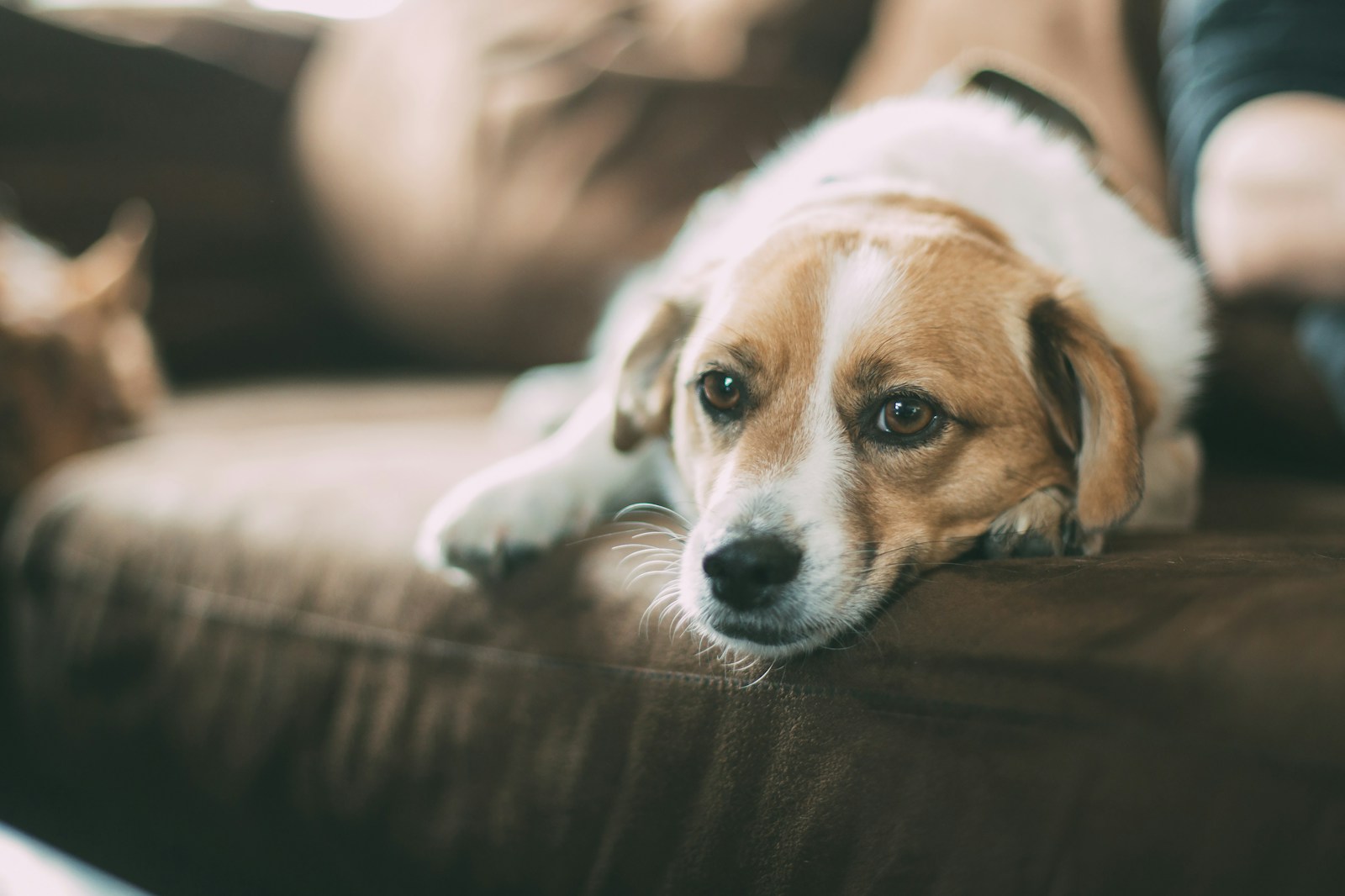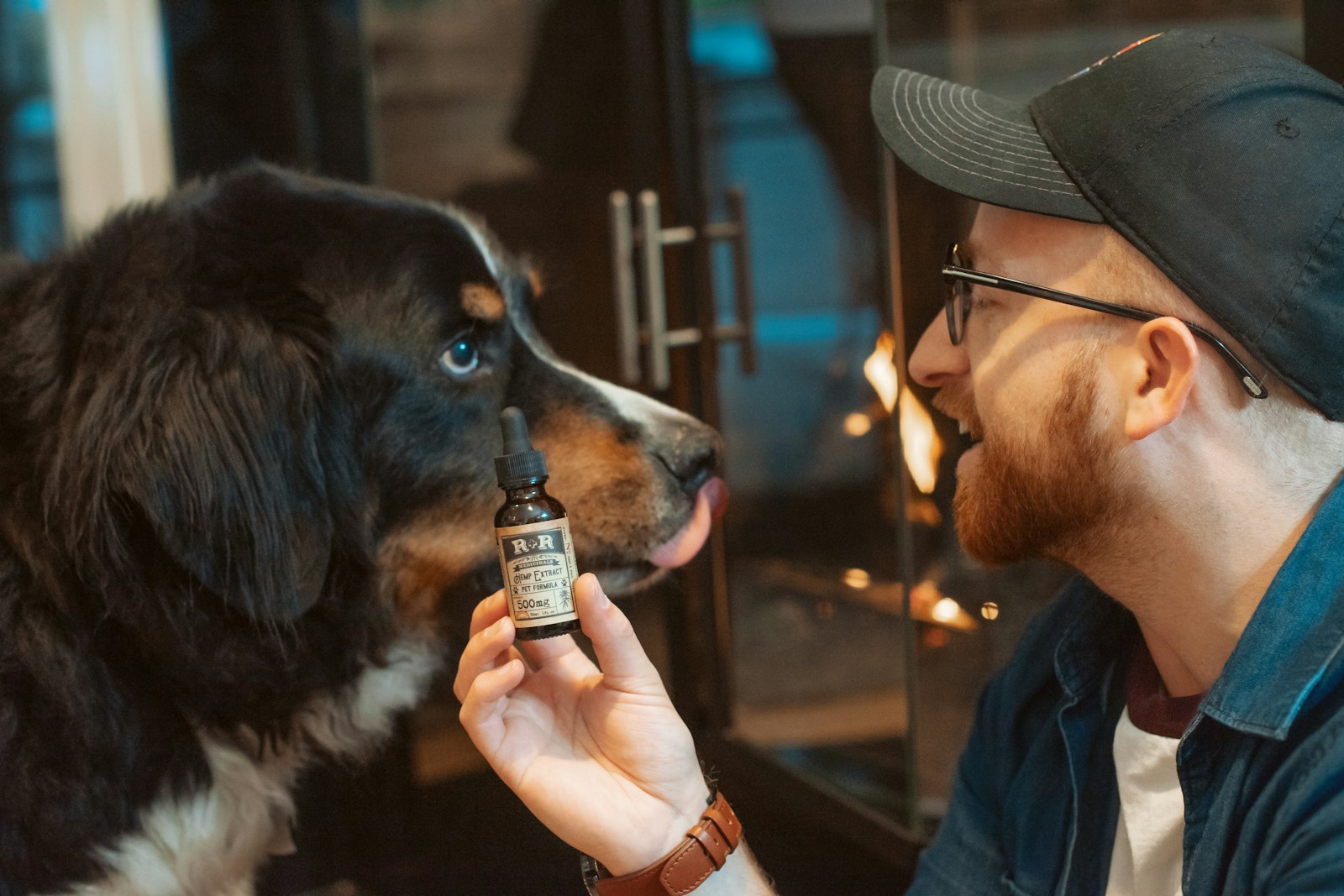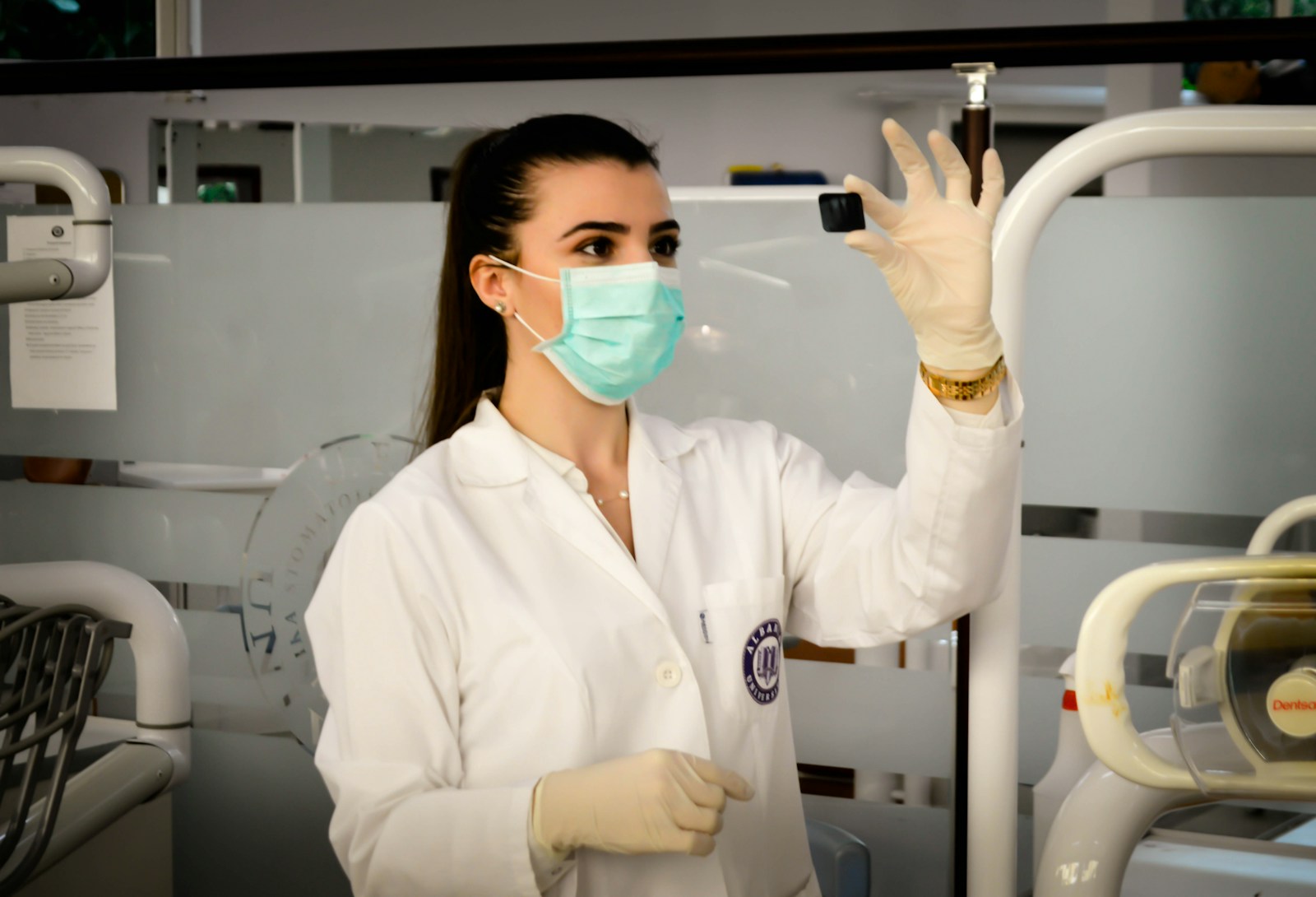Ear infections can be a common and uncomfortable problem for many dogs. Keeping your dog’s ears clean is crucial in preventing these infections and ensuring your furry friend stays happy and healthy. In this guide, we’ll walk you through the steps of effective dog ear cleaning, helping you to prevent potential ear infections with ease.
Understanding the Importance of Ear Health in Dogs
Dogs’ ears are more prone to infections than humans due to their shape, which can trap moisture and debris. Regular ear cleaning is essential, especially for breeds with floppy ears or those that swim frequently. By incorporating “dog ear cleaning” into your routine, you can help prevent the discomfort and health issues associated with ear infections.
Step-by-Step Guide to Cleaning Your Dog’s Ears
1. Gather Your Supplies: You’ll need a vet-recommended ear cleaning solution, cotton balls or gauze, and treats to reward your dog.
2. Prepare Your Dog: Choose a calm, comfortable spot. Gently pet and soothe your dog to make them relaxed.
3. Examine the Ear: Before cleaning, check for signs of infection, such as redness, swelling, or a bad odor. If any of these signs are present, consult your veterinarian before proceeding.
4. Apply the Cleaning Solution: Fill the ear canal with the cleaning solution. Be careful not to insert the applicator tip directly into the ear canal.
5. Massage the Base of the Ear: Gently massage the base of the ear for about 30 seconds. You should hear a squishing sound as the cleaner dislodges debris.
6. Let Your Dog Shake: Step back and allow your dog to shake their head. This helps remove the loosened debris from the ear canal.
7. Wipe Away Debris: Using a cotton ball or gauze, gently wipe away the debris from the outer ear canal and the ear flap. Avoid inserting anything deep into the ear canal.
8. Reward Your Dog: After cleaning both ears, reward your dog with their favorite treat. This positive reinforcement helps make future ear cleaning sessions easier.
Tips for Preventing Ear Infections
- Regular Checks: Regularly inspect your dog’s ears for signs of infection or irritation.
- Dry Ears After Swimming: Always dry your dog’s ears thoroughly after they swim or bathe to prevent moisture buildup.
- Avoid Over-Cleaning: Cleaning too frequently can irritate the ear canal, leading to problems. Consult your vet for a recommended cleaning schedule.
- Diet and Health: Maintain a healthy diet and overall health, as allergies and other health issues can contribute to ear infections.
When to Consult a Veterinarian
While regular “dog ear cleaning” is an excellent preventive measure, it’s crucial to recognize when professional help is needed. If you notice any signs of ear infections, such as persistent scratching, head shaking, redness, swelling, or an unpleasant odor, consult your veterinarian promptly. They can provide a thorough examination and appropriate treatment to get your dog back to their happy, healthy self.
Conclusion
Maintaining your dog’s ear health through regular cleaning is an essential part of their overall care. By following the steps outlined above, you can help prevent ear infections and ensure your dog remains comfortable and healthy. Remember, when in doubt, always seek the advice of a professional veterinarian to address any concerns about your dog’s ear health.
FAQs on Dog Ear Health
1. What can I give my dog to prevent ear infections?
To prevent ear infections in dogs, regular and proper ear cleaning is crucial. Use a vet-recommended ear cleaning solution to fill the ear canal, massage the base of the ear, and then wipe away debris with absorbent gauze. Avoid using human products or drying agents regularly, as they can over-dry the ear or not address the underlying issue, leading to more problems.
2. How do I stop my dog’s ears from being dirty?
Preventing your dog’s ears from getting dirty involves routine cleaning with a pet-approved ear cleaning solution, especially after they get wet from swimming or bathing. Clean your dog’s ears once every 1-2 weeks or more frequently if they are prone to ear problems. Always check for dirt, parasites, or discharge and consult your vet if you notice signs of infection.
3. Can I use human ear drops on my dog?
No, you should not use human ear drops on your dog. Dogs respond differently to certain drugs and chemicals, and human ear drops may be ineffective or worsen the condition. Instead, consult your veterinarian for appropriate canine ear drops or medications specifically designed to treat canine ear infections.
4. What are signs of an ear infection in a dog?
Signs of an ear infection in a dog include head shaking, scratching at the affected ear, dark discharge, odor, redness and swelling of the ear canal, pain, itchiness, and crusting or scabs in the ears. If you notice any of these symptoms, it’s important to consult your veterinarian for a proper diagnosis and treatment.
5. Do dog ear infections go away?
Dog ear infections do not typically go away on their own and require treatment. Depending on the severity, treatment may include medicated ear cleansers, prescription ear drops, oral antibiotics, and anti-inflammatory medications prescribed by a veterinarian. In severe or chronic cases, surgery may be recommended. Prompt treatment is necessary for your dog’s comfort and to prevent the infection from spreading.






